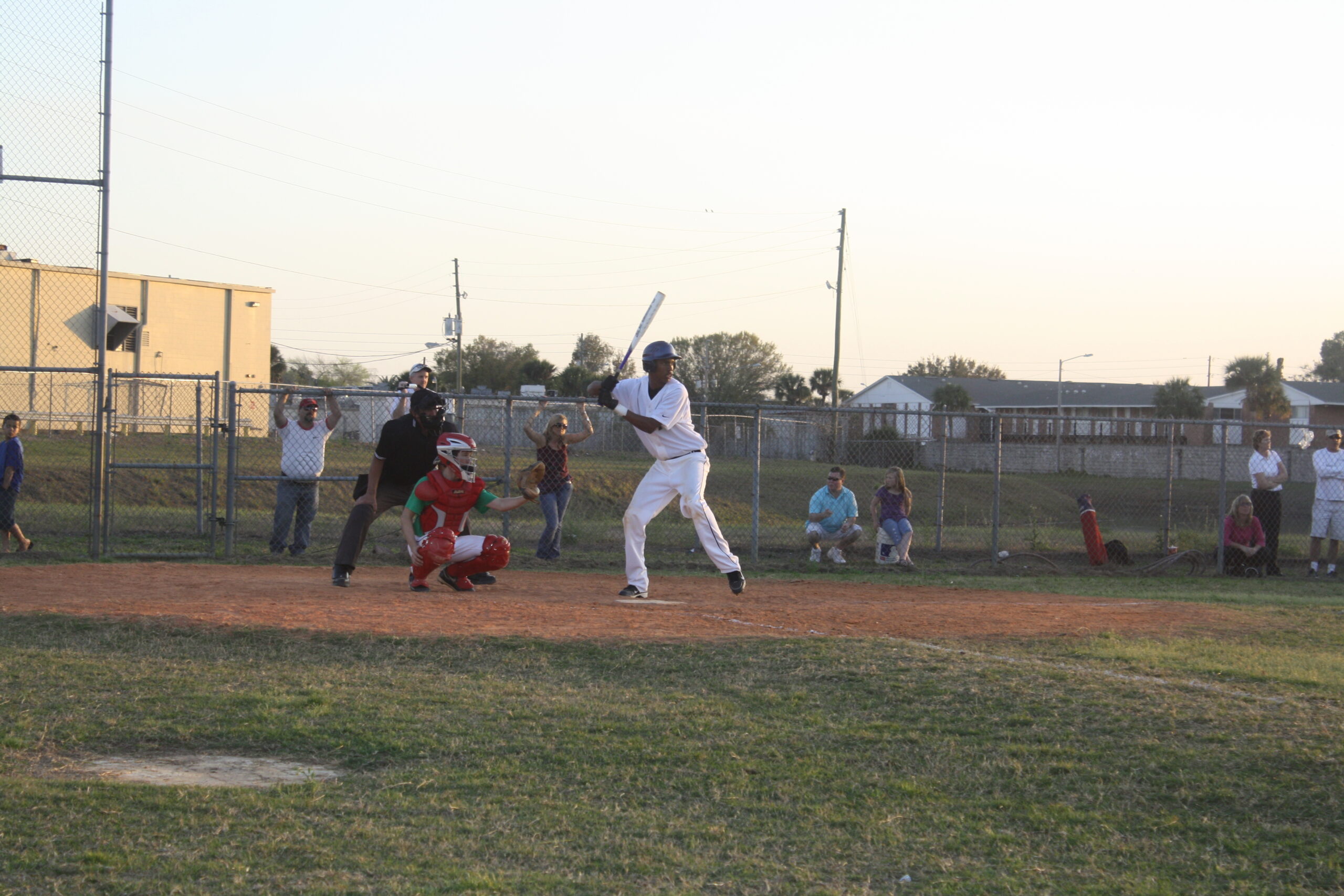Learning to Fail and Failing to Learn

There are several professions where failure is catastrophic. They’re fairly obvious, but for the sake of argument, I’ve made a short list.
The Medical Field
If your heart or neurosurgeon fails, people die on the spot. Other doctors can fail, and their patients may die sooner or simply have more unnecessary health problems if the doctor didn’t fail. Nurses administering medicine, taking blood, caring for wounds, documenting notes and treatments, and assessing patients incorrectly is also catastrophic, whether immediately or in the long term.
Architecture
If the person drawing up plans and building a structure fails, the building may collapse. This is catastrophic for those in or near the building. The same can be said for general contractors, electricians, and construction workers.
Engineering
If I’m driving over a bridge, and the engineer who designed it failed, I may plummet into a body of water.
Aviation
If a pilot flying an airplane makes an error, the plane crashes, ending the lives of hundreds of passengers, airline workers, and anyone else who was crashed into.
Ok, that was a little heavy. Hard to read, even.
But notice who wasn’t on that list: Students. Teachers.
Students have been programmed from kindergarten to see failure as an extremely negative outcome. F’s are considered the lowest grade in school, and failing schools are closed, restructured, or defunded.
Teachers are even afraid to fail. Many will stick with “tried and true” teaching methods that work a little less well with each evolving generation, only to avoid trying a new teaching style that might flop.
The reality is, nobody learns anything without taking the risk of failing.
While this may be overquoted, it could not apply more to this situation. Michael Jordan stated of his success…
“I’ve missed more than 9,000 shots in my career. I’ve lost almost 300 games. Twenty-six times I’ve been trusted to take the game-winning shot and missed. I’ve failed over and over and over again in my life. And that is why I succeed.”
I can speak to this. I was fairly risk-averse in my earlier years. But the risks I took, even when I failed, this is when I learned the most.
Two Examples:
In 2013, I left a secure teaching position with tenure after 5 years to work for a non-profit organization. I had to raise my own salary. When my supervisor informed me that I had to raise $60,000/year for 3 years, I could barely stomach it. (Only slightly more than half of that was my salary; the rest was expenses and insurance).
I had to ask people to support me. Many didn’t. Many times I flopped and got nervous. But, I prevailed. By failing, I learned to succeed. I would not have had people say yes, they were willing to financially support me and the project I was working on if I wasn’t willing to hear many others say no.
The question after the fact would have been: Would it have been a bigger failure to not try at all? I think so. Even though on paper I wouldn’t have failed in any of my asks, I also wouldn’t have had the chance to serve overseas and learn a new language (and eventually meet my wife).
Second Example:
In 2012, I spent my summer off studying Spanish. I went to Costa Rica for 6 weeks, assuming I would learn the entire language during that time. I assumed incorrectly. The language was way bigger than that. I also failed because besides my 4 hours per day in class, I spent the rest of my time with English speakers.
In 2014, I returned for six months. This time I committed to not speaking English while I was there. I failed so many times in conversations in Spanish. I said some really embarrassing things. People laughed with me, often times at me. But what happened? I learned Spanish. I especially learned the words that people laughed at me for.
I think language learning is the greatest example of failing to succeed.
What does this have to do with school?
So, how can this mindset shift in a school setting? How can we structure classes, structure lessons, and encourage students to try things when they may fail? Certainly, they won’t want to if they will be punished for failure.
Many teachers then worry that students will try even less if they know they are allowed, or even encouraged, to fail.
So, what’s the solution?
The only way you’re going to find out… is by failing!
